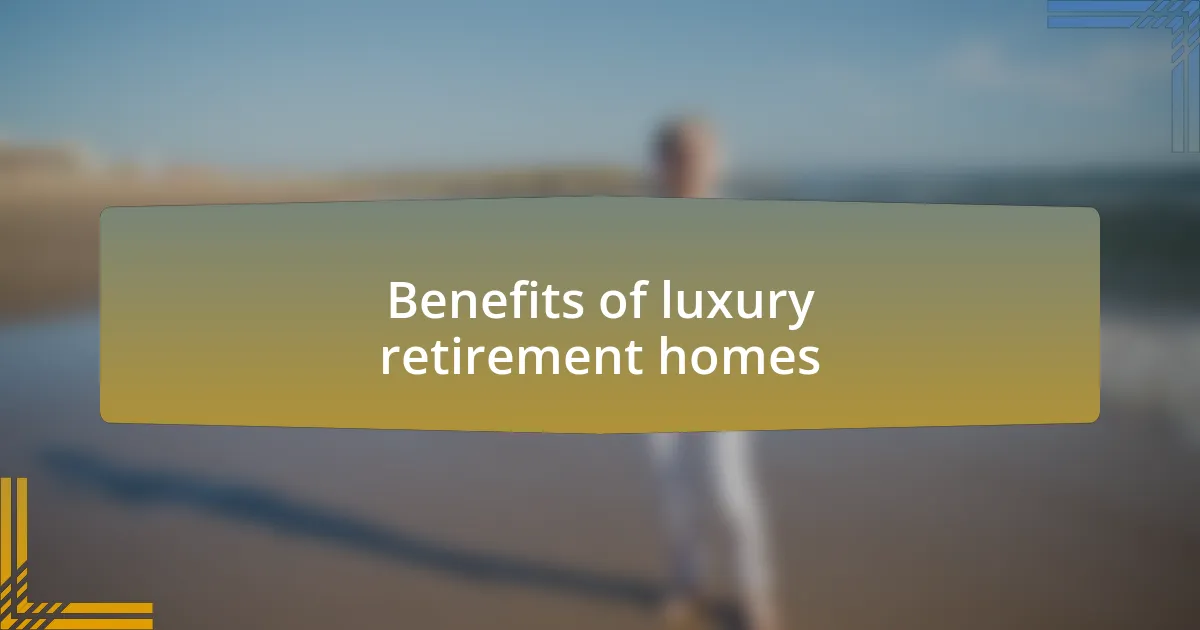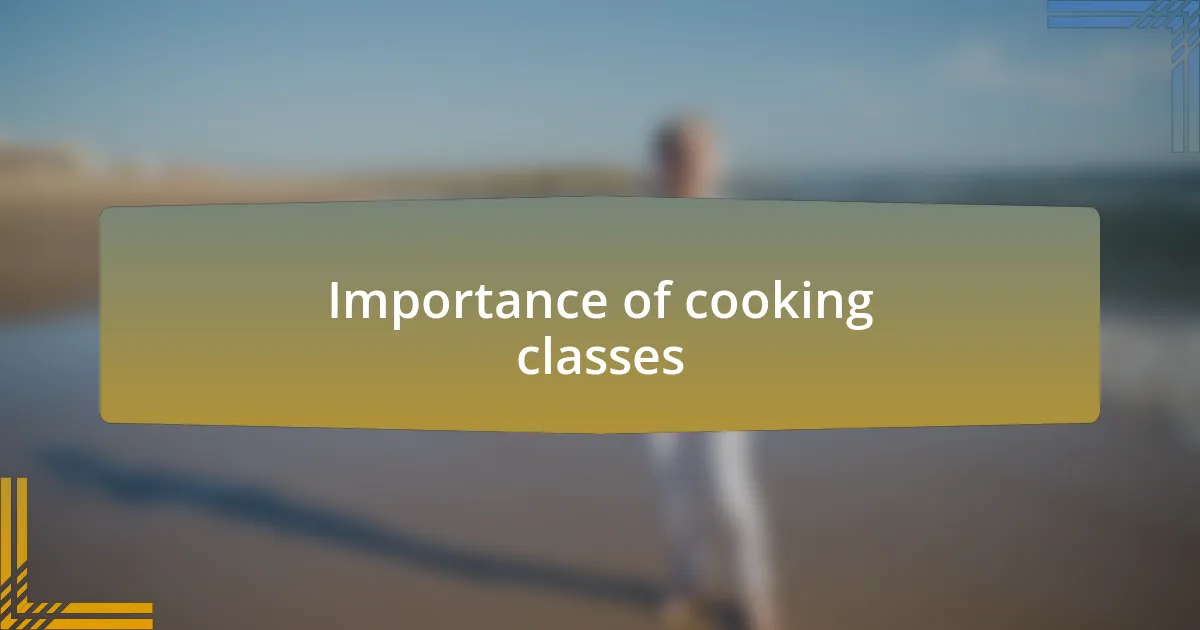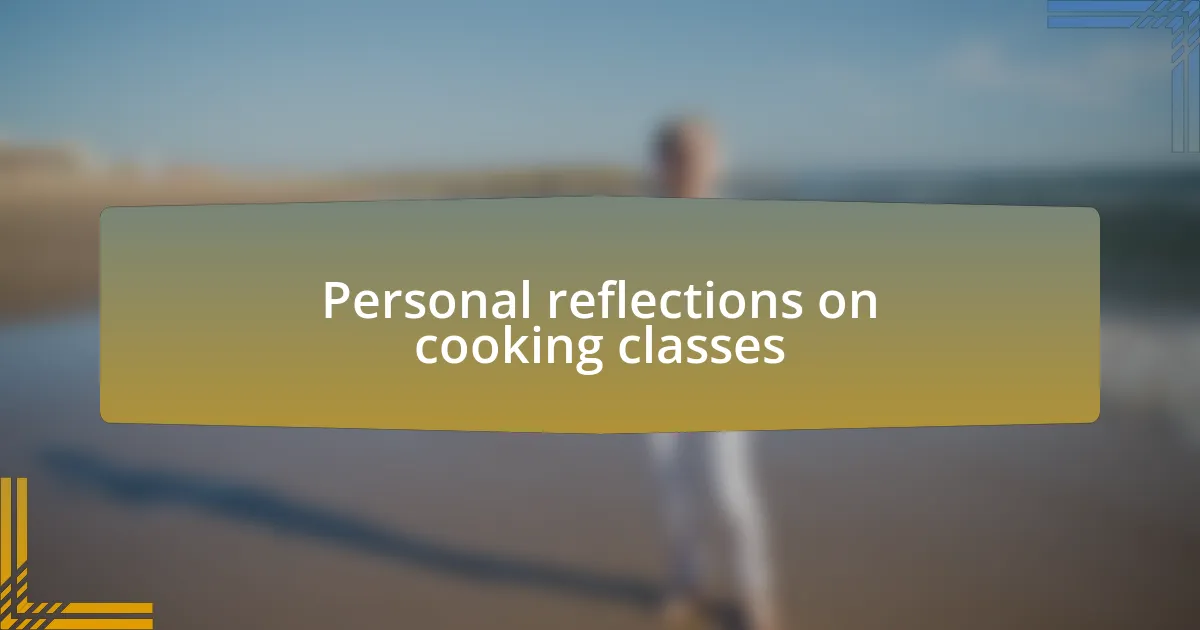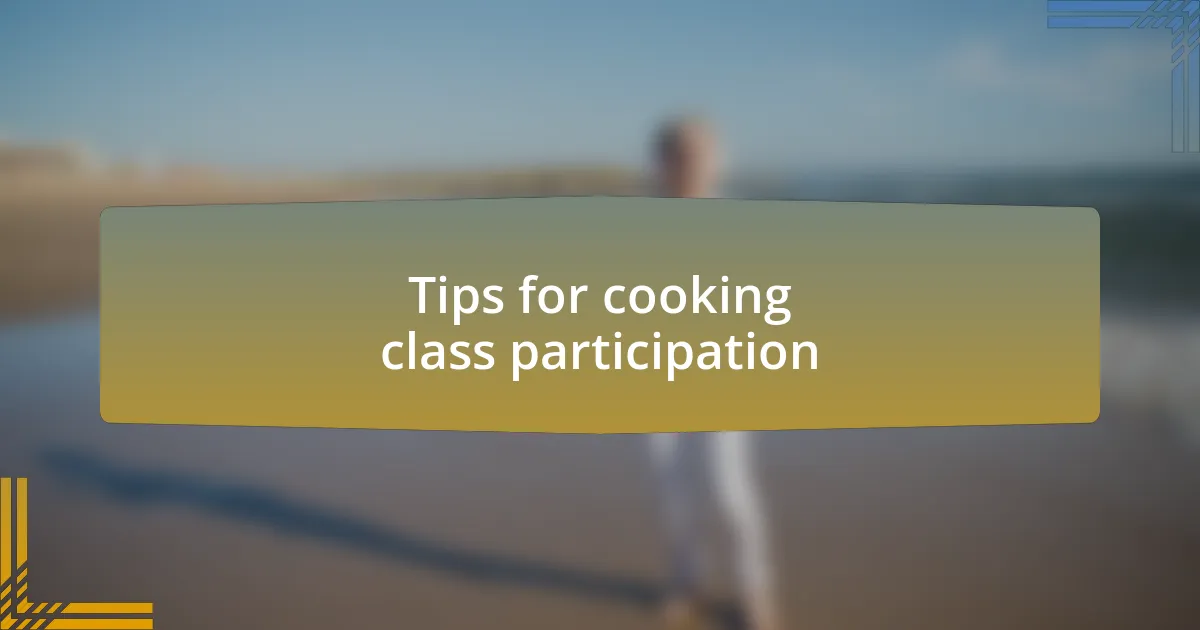Key takeaways:
- Luxury retirement homes offer enriching community experiences, peace of mind with 24/7 staff availability, and amenities that promote well-being.
- Cooking classes enhance independence, foster social connections, and boost personal confidence through hands-on learning.
- Cooking is an art that encourages mindfulness and creates lasting memories, deepening connections to food and cultural heritage.
- Engagement with instructors and peers in cooking classes can enhance learning and transform challenges into rewarding experiences.

Benefits of luxury retirement homes
Living in a luxury retirement home offers a unique blend of comfort and community that is hard to find elsewhere. When I think about my own experiences, I recall how uplifting it was to engage with people who shared similar interests and backgrounds, fostering lasting friendships. Isn’t it comforting to know that you’re surrounded by individuals who understand your journey?
Moreover, these residences often provide exceptional amenities, from gourmet dining experiences to wellness programs tailored for our needs. I remember joining a yoga session at my local luxury retirement home; not only did it enhance my physical health, but it also brought a sense of tranquility that I deeply cherished. Wouldn’t you agree that a space promoting both mental and physical well-being is invaluable as we age?
Finally, the peace of mind that comes from having dedicated staff available around the clock is truly priceless. I’ve seen firsthand the relief on my friends’ faces when they realize they no longer need to worry about household chores or safety risks. Doesn’t it feel reassuring to know that support is always just a call away?

Importance of cooking classes
Cooking classes are not just about learning recipes; they bring a sense of independence and creativity to the kitchen. I recall my first cooking class at a local community center; the joy of chopping vegetables and blending spices opened up a whole new world for me. Isn’t it liberating to know that you can whip up a delicious meal without relying on takeout?
Moreover, these classes foster social connections that are invaluable in retirement. I remember sharing laughter and stories with fellow participants while preparing a meal together. This experience made me realize that cooking can be a social event—a delightful way to bond over food. Wouldn’t you agree that sharing meals becomes more special when they are created together?
In addition, cooking classes can significantly boost confidence. Each new dish I learned to prepare felt like a small victory. It’s amazing how mastering a new technique can elevate your self-esteem, especially when you present a beautifully plated dish to family and friends. Don’t you find that personal growth, even in small ways, is essential during these fulfilling years?

How cooking classes enhance life
Cooking classes enhance life in ways that go well beyond the kitchen. I remember the first time I was taught how to sauté vegetables. The aroma that filled the room, combined with the satisfaction of seeing my dish come to life, made me realize how cooking can be an art form. Have you ever felt that thrill when cooking something new and delicious?
Beyond the culinary skills, these classes spark a sense of joy and purpose. I can still feel the excitement of preparing a complex dish for the first time, and the pride I felt when my family praised my efforts. It’s moments like these that create lasting memories and enrich our lives. How often do we need those moments of triumph to remind us of our capabilities?
Additionally, cooking classes encourage mindfulness, allowing us to focus on the simple act of preparing food. When I chop, stir, or season, I find an inner peace that often escapes me in daily life. Could there be a better way to unwind and connect with ourselves than through the process of cooking?

Personal reflections on cooking classes
I often reflect on the connections formed during cooking classes. I remember sharing a laugh with a fellow participant over a pot of boiling pasta, only to realize we were both trying to salvage our sauces from disaster. Moments like this forge friendships that extend beyond the kitchen, reminding me that cooking can be a shared experience filled with joy and laughter.
One of my most memorable lessons was mastering the art of baking bread. As the warm, yeasty smell wafted through the kitchen, I felt a rush of nostalgia for my grandmother’s kitchen. The tactile sensation of kneading the dough and watching it rise sparked a deep-seated appreciation for the tradition of cooking. Isn’t it fascinating how food can connect us to our past and to generations before us?
Cooking classes also taught me resilience. There were dishes I struggled with, ingredients that didn’t behave as I expected, and plenty of mistakes along the way. But each challenge became a step toward improvement. Have you ever faced a culinary disaster only to find it taught you a valuable lesson? In my experience, embracing those mishaps often led to the most rewarding discoveries in the kitchen.

Tips for cooking class participation
When participating in cooking classes, it’s essential to approach each session with an open mind. I vividly remember a class where I was skeptical about using certain spices. To my surprise, those bold flavors transformed the dish, opening my eyes to a whole new world of culinary possibilities. Have you ever hesitated to try something new only to find it delightful? Trusting the process can lead to unexpected delights.
Another tip I can’t stress enough is the importance of engaging with both the instructor and fellow participants. I once found myself paired with a shy partner during a class, but as we worked together to create a risotto, we exchanged helpful tips and even laughed about our shared confusion over the perfect consistency. Those interactions not only enhanced my learning but also created a sense of camaraderie. Connecting with others can turn cooking into a fun, collaborative adventure.
Lastly, don’t shy away from asking questions—no matter how basic they may seem. I’ve often found that the most valuable insights come from addressing my uncertainties. In one class, a casual inquiry about chopping techniques led to a fascinating discussion about chef knives and their history. It’s moments like these that deepen your knowledge and enrich your cooking experience. So, what questions do you have that could spark a tantalizing conversation in your next class?